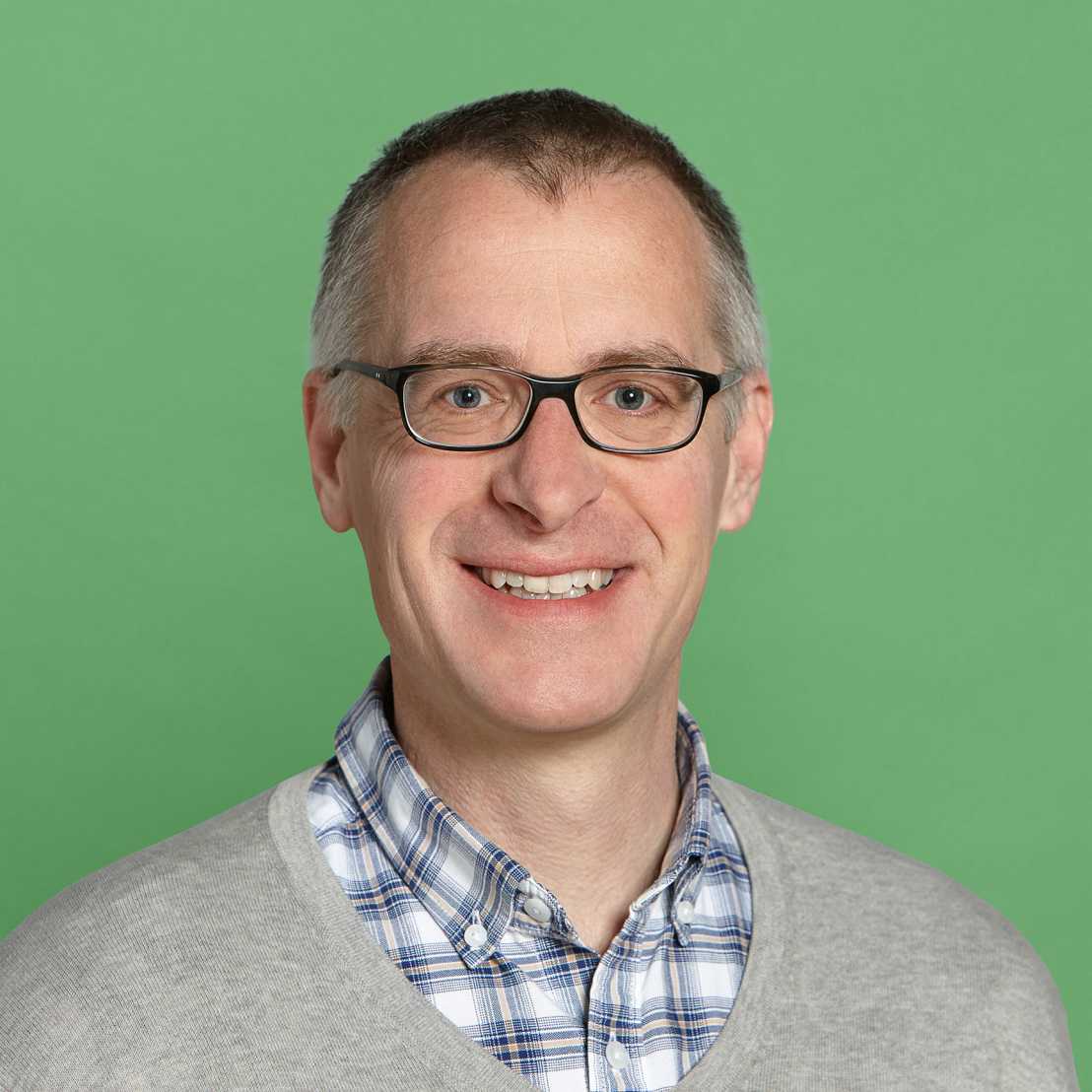“We scientists must stand for truth and impartiality”
Since June 2020, Professor Kenny Paterson has represented the Department of Computer Science in the Commission for Good Scientific Practice at ETH Zurich. In this interview, he talks about the role of scientists and scientific integrity in computer science.

What role does scientific integrity play at ETH Zurich?
Scientific integrity is absolutely fundamental at ETH Zurich. And in research, it is at the heart of everything we do – especially in these times of fake news and alternative facts. In today’s complex world, we scientists must stand for truth and impartiality. This means, for example, that we must always view our research results with a critical distance, even in the face of great pressure to publish.
How can ETH Zurich, as a university with 16 departments and numerous research centres, ensure scientific integrity?
It is a demanding task. Even within a single department there is a wide range of individual contexts, not to mention the university as a whole. At ETH Zurich we try to achieve maximum scientific integrity by combining overarching integrity guidelines with a variety of specific regulations. As an overarching framework, the Integrity Guidelines provide the general direction, while all individual cases are regulated by legally binding specifications.
The revised Integrity Guidelines have been in force since January 2022. As a representative of the Department of Computer Science, are you satisfied with the result?
Yes, the concerns of the departments and other internal units have been taken into account. The desire for guidance, prevention and sparing regulation has been met by the Commission for Good Scientific Practice (GSP Commission).
"We develop algorithms that can have have massive impacts on the lives of individuals."Professor Kenny Paterson
Are there particular challenges in terms of scientific integrity in the field of computer science?
Perhaps in our field, the role of ethics and social responsibility in today’s digitized world is particularly important. Take, for example, research into artificial intelligence and machine learning. Here, we develop algorithms that sometimes have massive impacts on the lives of individuals. The algorithm determines whether a person is entitled to life insurance or whether they will be hit by a self-driving car in a dicey traffic situation. The fact that we humans are increasingly ceding control to automated systems raises complex ethical questions.
Do you also observe such questions in your own research field namely information security?
Yes, ethical questions also frequently arise in information security research. For example, what if we find a significant security hole in a widely deployed system that cannot easily be patched? How should we balance the potential harms arising from publishing the research against the risk that someone else will discover the problem and exploit it? Many of these crucial questions have not yet been properly discussed in society.
What needs to happen for these ethical questions to be properly discussed?
We scientists need to get involved. I know that many of us would rather stay in the lab and not worry about these aspects – but that is no longer possible. To address these big and important questions openly, scientists should sit down at the table with experts in ethics.
The following article by Corporate Communications provides detailed information about the content and the revision of the ETH Zurich Integrity Guidelines: "A new basis for acting with scientific integrity" (Internal news, 25.01.2022)